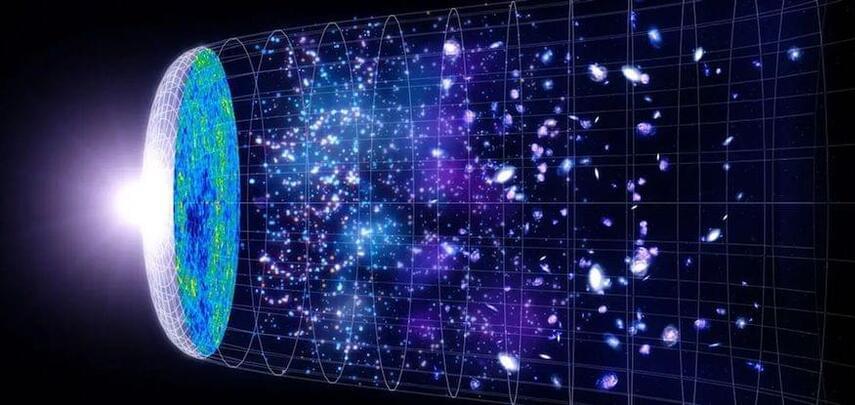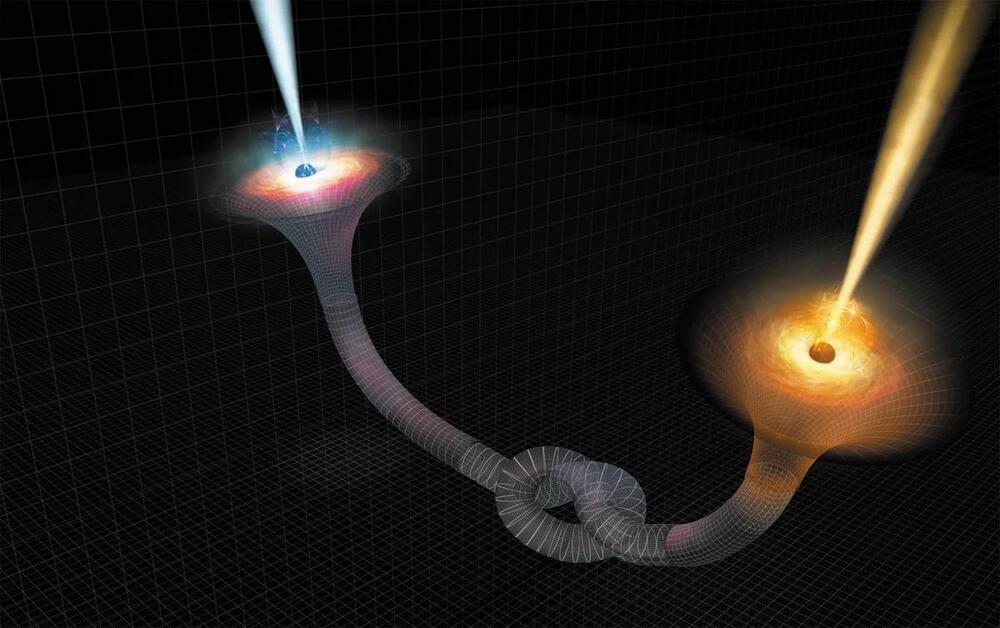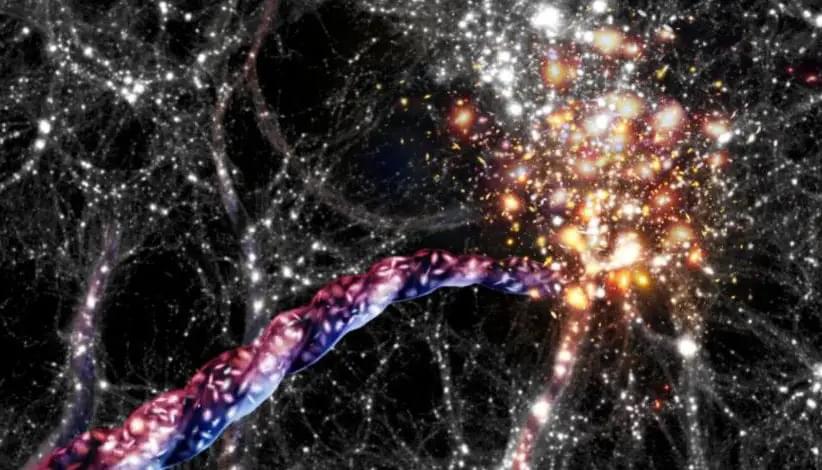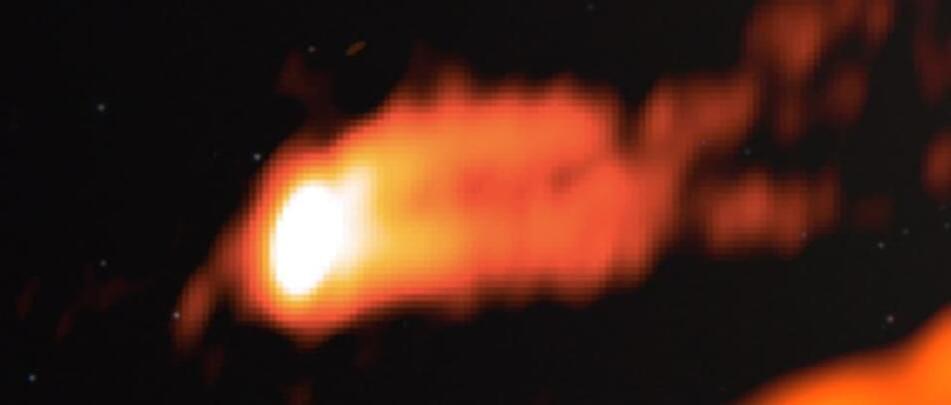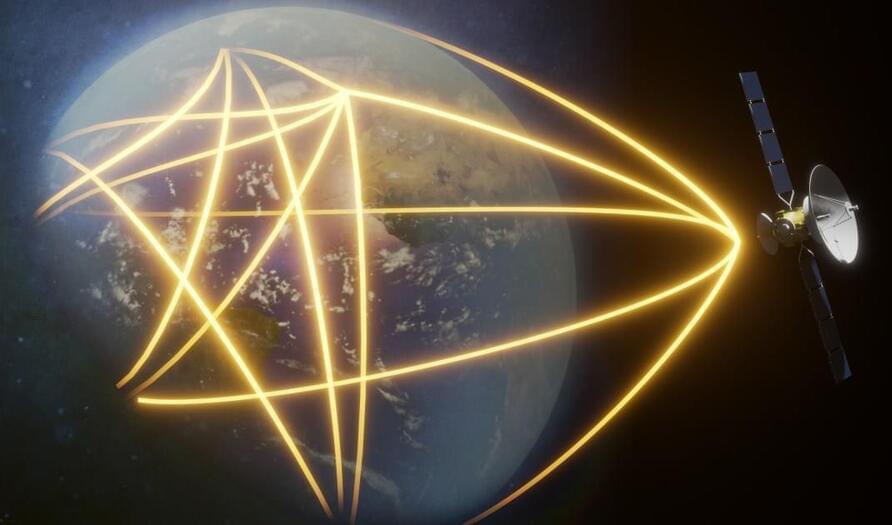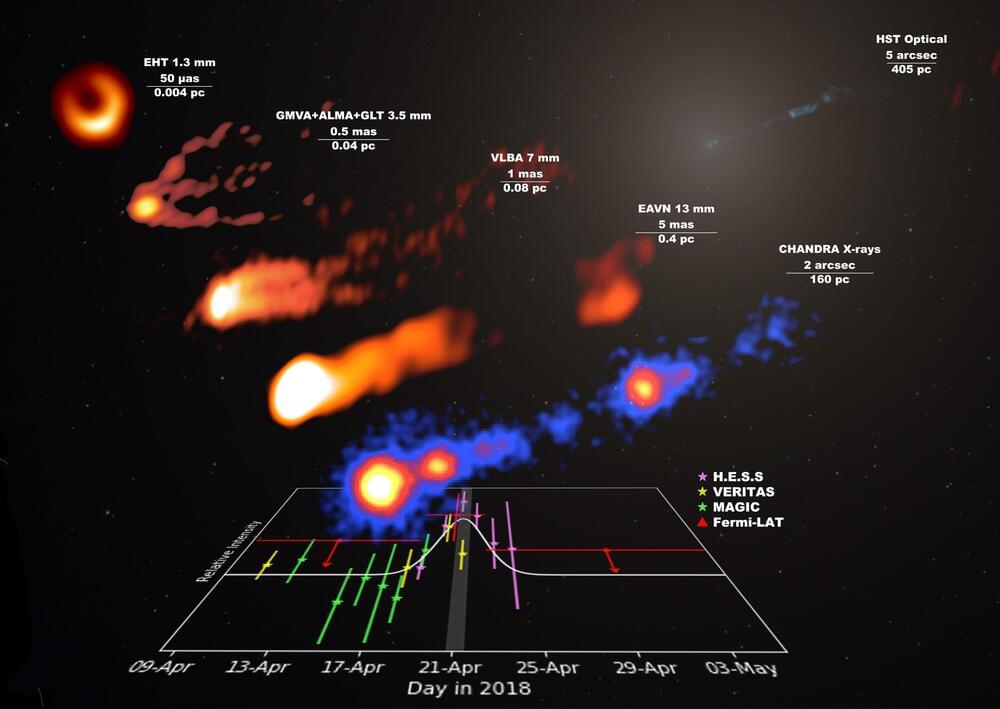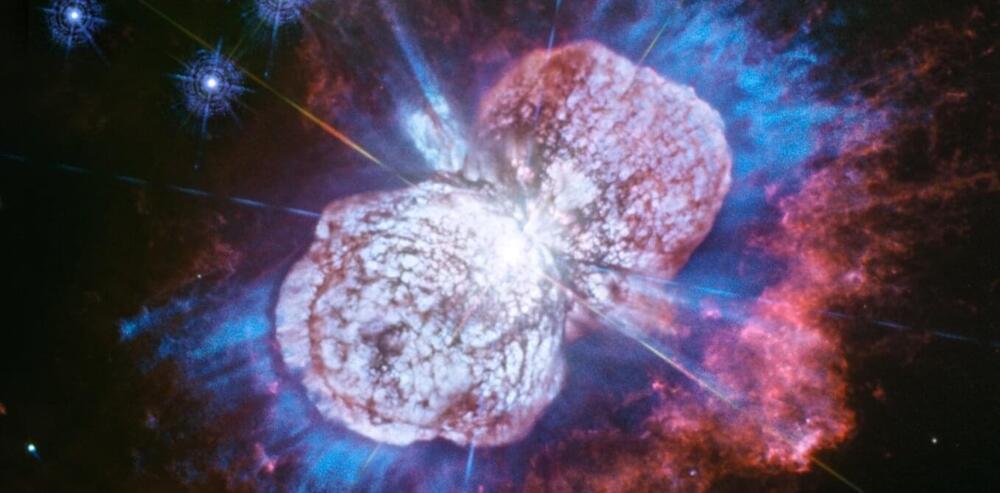In case dark matter didn’t seem mysterious enough, a new study proposes that it could have arisen before the Big Bang.
Conventional thinking goes that the Big Bang was the beginning of everything – matter, dark matter, space, energy, all of it. After the event itself, the Universe went through a period of cosmic inflation, which saw its size swell by a factor of 10 septillion within an unfathomable fraction of a second.
But some theories suggest that this inflation period actually occurred before what we call the Big Bang. And now, physicists at the University of Texas (UT) at Austin have proposed that dark matter was formed during this brief window.
